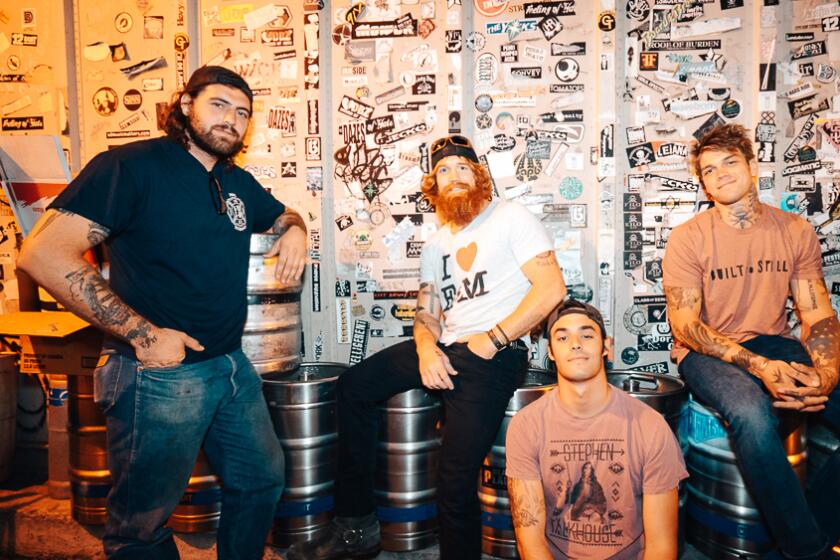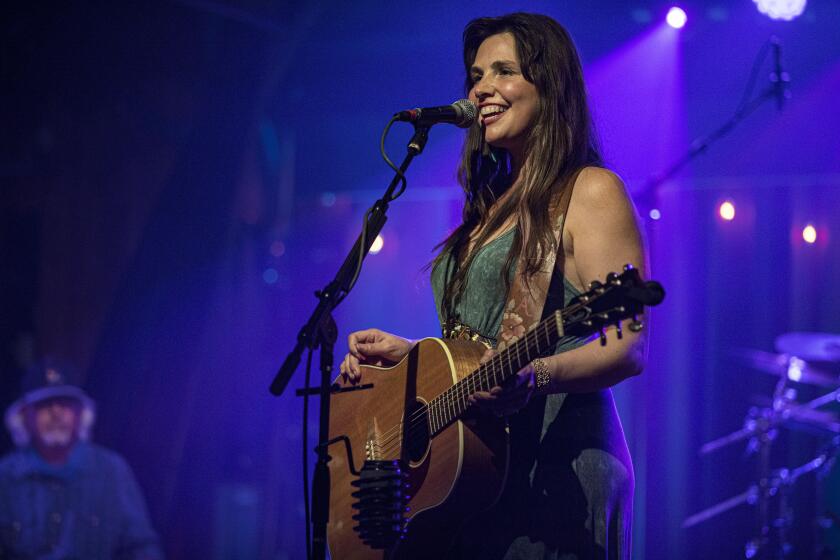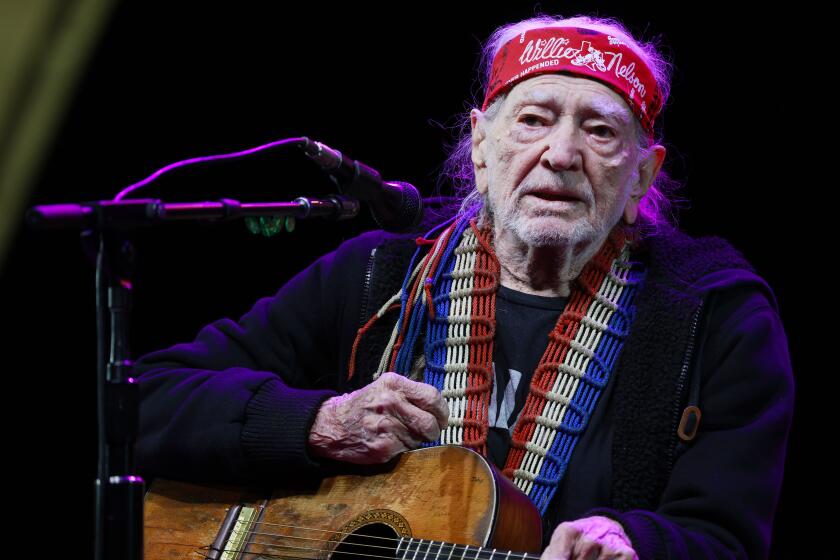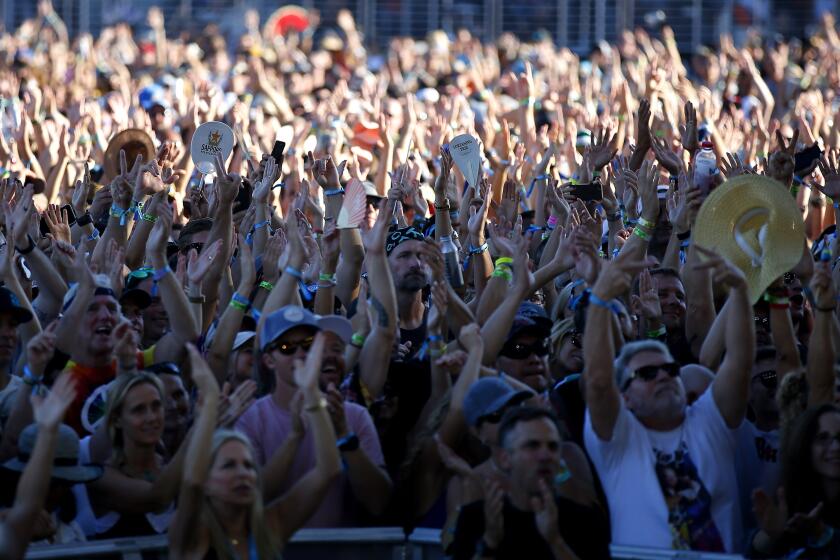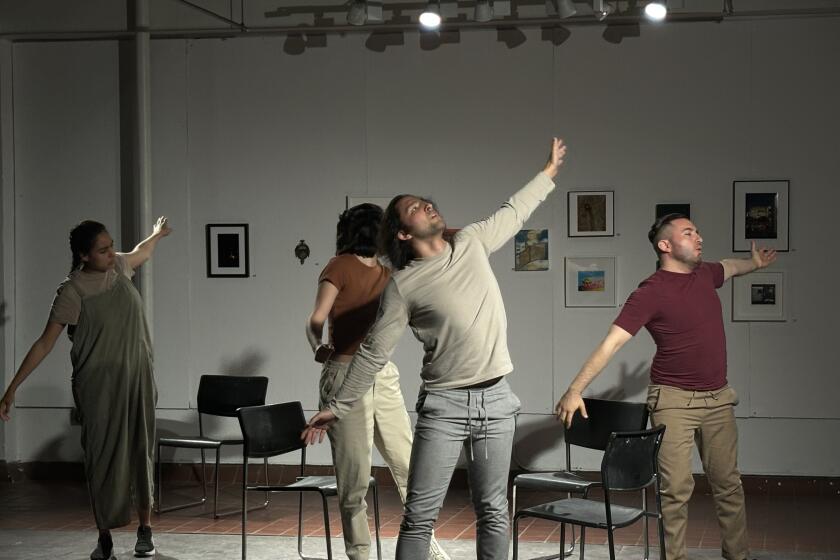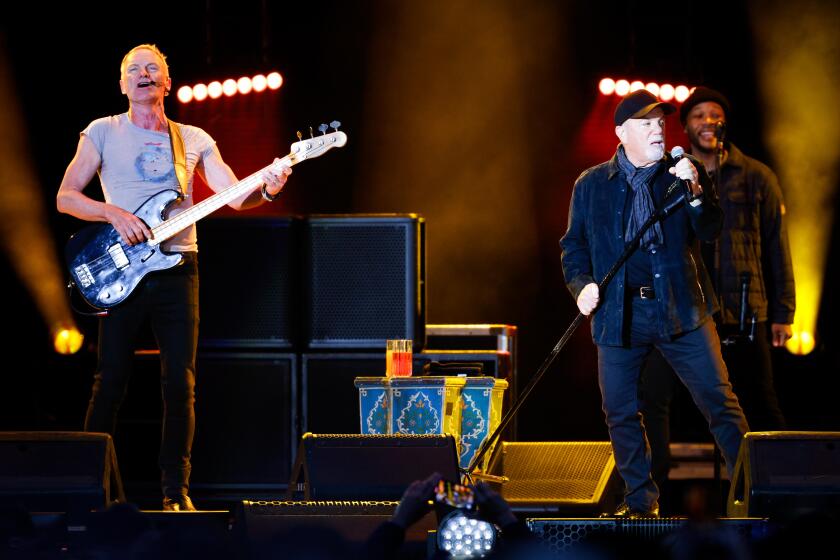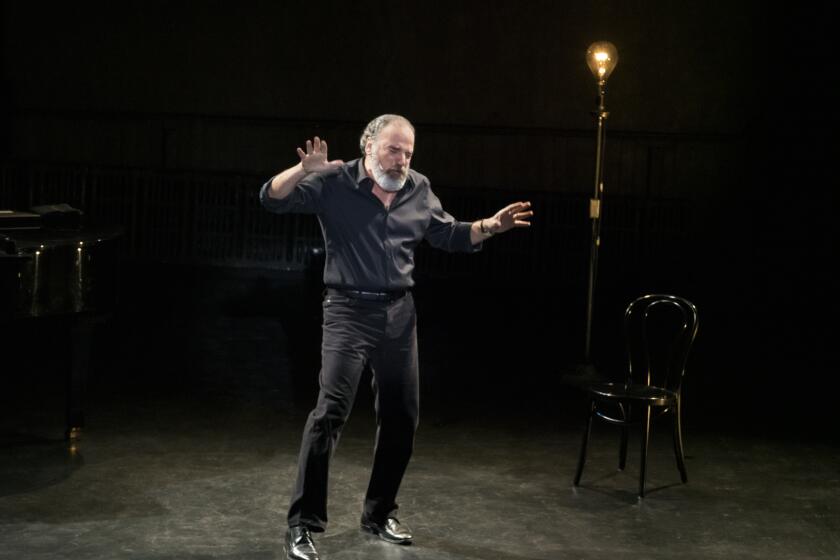Should Janet Jackson sing with Coldplay at Super Bowl?
Should Coldplay bring Janet Jackson out as surprise guest during the English band’s Super Bowl 50 halftime performance with Beyoncé and Bruno Mars Sunday at Levi’s Stadium in Santa Clara?
But, first, should the National Football League invite Jackson to do so?
In a more just world, the answers to these questions should be simple: Yes, and yes.
Meanwhile, back on planet earth, the chances of the NFL inviting disgraced Super Bowl halftime show alum Jackson to perform Sunday are extremely unlikely. How unlikely? About as unlikely as Bernie Sanders abandoning his presidential campaign to become a hedge fund manager, or Ted Cruz abandoning his presidential campaign to become an organizer of this year’s Burning Man festival.
But before we go further, and before we ask you to weigh in, let’s have a quick recap of that historical (and historically hypocritical) Super Bowl incident that took place 11 years ago. It led to the swift introduction of a new word, “nipplegate,” and phrase, “wardrobe malfunction,” as well as to the Federal Communications Commission instituting a five-second delay for all future live TV broadcasts. It also inspired the creation of YouTube, but that’s another story for another day.
The 11-minute 2004 Super Bowl halftime extravaganza featured truncated performances by Kid Rock, Britney Spears, Nelly, Diddy and, to open and close the show, Jackson. After doing her closing number, “Rhythm Nation,” she brought out her special guest, Timberlake. Jackson had helped mentor him when he was a member of NYSNC, who performed at the 2001 Super Bowl halftime show and he had cited attending a concert during her 1990 Rhythm Nation tour as a key inspiration for him to pursue a career in music.
With Jackson dancing suggestively alongside him on the Super Bowl stage, Timberlake performed his then-current single, “Rock Your Body.” As he sang the line “I’m gonna have you naked by the end of this song,” Timberlake ripped off the right side of her red bustier, exposing her right breast. Her nipple was covered by a piece of jewelry and the TV cameras quickly cut to an aerial shot of the stadium, but not before more than 140 million TV viewers in the United States saw Jackson’s breast (well, most of it) for a split second.
The instant controversy was enormous, but not nearly as large as the hypocrisy that surrounded said controversy.
Lawsuits were filed, self-serving apologies were issued, and Jackson became a pariah, virtually overnight. Her airplay on radio and MTV (which co-produced that Super Bowl halftime show), evaporated. Her career came to such a standstill that it still hasn’t fully recovered. Her invitation to be a presenter on the 2004 Grammy Awards the following week was quickly rescinded.
Not so for Timberlake, who appeared on the Grammys telecast, as planned, and offered a halfhearted apology. “I know it’s been a rough week on everybody,” he said, not daring to utter Jackson’s name. “What occurred was unintentional, completely regrettable, and I apologize if you guys were offended.”
As anyone who watched the Timberlake-fueled “wardrobe malfunction” can attest, the “unintentional” Super Bowl act had been choreographed and rehearsed. Whether or not Timberlake yanked Jackson’s bustier too hard, and whether or not original plans called for her bra (rather than her breast) to be revealed when part of her bustier was torn off by Timberlake, is neither here nor there.
The larger issues, including sexism and racism, were largely ignored, at least initially.
Timberlake acknowledged as much a few years later, saying: “I probably got 10 percent of the blame, and that says something about society. I think that America’s harsher on women. And I think that America is, you know, unfairly harsh on ethnic people.”
Indeed.
One can only ponder how much different, and greater, the nipplegate uproar would have been if Jackson, then 37, was white and Timberlake, then 22, was black. But let’s not go there, lest a new controversy ensue.
The NFL, meanwhile, turned to a series of classic-rock legends, all of them white and male, for the next six Super Bowl halftime shows. They included Paul McCartney, The Who, Bruce Springsteen & The E Street Band, Prince, Tom Petty & The Heartbreakers, and the Rolling Stones.
The Stones’ 2006 Super Bowl performance saw the NFL and ABC TV pointedly turn down the volume on Mick Jagger’s microphone for a line about a woman’s sexual prowess and a dead man’s anatomy in “Start Me Up,” and another anatomical reference in “Rough Justice.” The censors didn’t blink during “(I Can’t Get No) Satisfaction,” a song that sparked considerable controversy of its own when the band performed it in early 1966 on TV’s “the Ed Sullivan Show,” whose censors bleeped out the line “trying to make a girl.”
Not until 2011, when Black Eyed Peas headlined, was a female performer allowed back on the Super Bowl halftime show stage.
Subsequent Super Bowl performances have featured Madonna, Nicki Minaj, M.I.A., Beyoncé, Destiny’s Child, Katy Perry, Miss Elliott, Bruno Mars, Red Hot Chili Peppers,
Beyoncé and Mars will be back on stage, this time with Coldplay, at Sunday’s Super Bowl 50 halftime show. If the NFL wanted to right a past wrong, never mind ensure an even bigger audience for the year’s most viewed entertainment event, it would already have announced Jackson’s return. Her tour, which stopped here last fall at SDSU, does not resume until March. That means she should be available tomorrow, if the NFL wants to extend a last-minute invitation.
One suspects Beyoncé would be happy to share the stage with Jackson, who helped pave the way for her and an entire generation of pop acts, male and female. Whether Jackson would accept is another matter, but it would surely deserves that option.
Get U-T Arts & Culture on Thursdays
A San Diego insider’s look at what talented artists are bringing to the stage, screen, galleries and more.
You may occasionally receive promotional content from the San Diego Union-Tribune.


